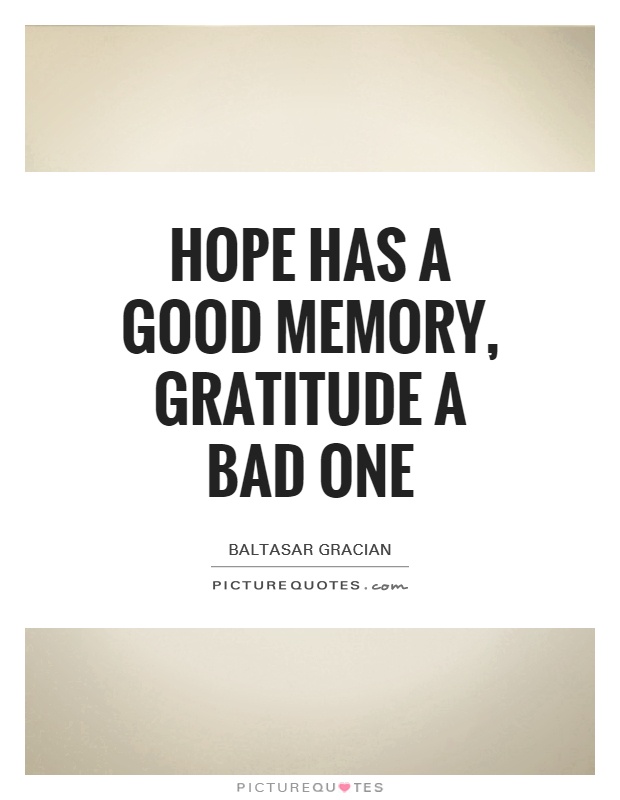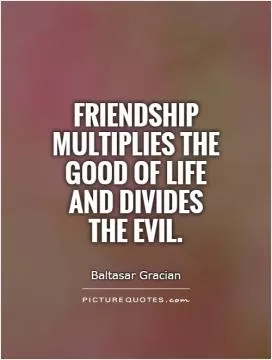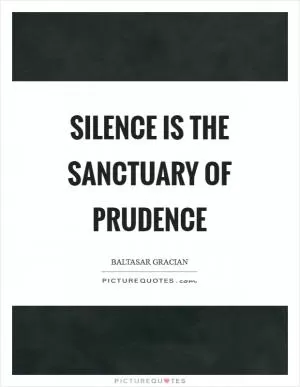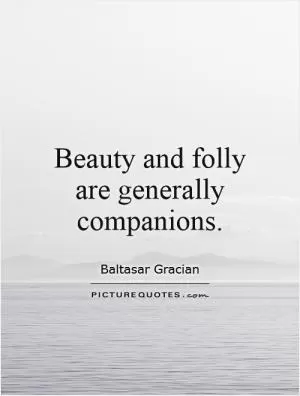Hope has a good memory, gratitude a bad one

Hope has a good memory, gratitude a bad one
In the context of Baltasar Gracian's philosophical works, the statement "Hope has a good memory, gratitude a bad one" holds a profound and thought-provoking meaning. Gracian, a Spanish Jesuit and baroque prose writer, was known for his insightful reflections on human nature and the complexities of human relationships. This particular statement encapsulates his views on the contrasting nature of hope and gratitude, and how they shape our perceptions and experiences in life.Hope, according to Gracian, is a powerful force that fuels our dreams and aspirations. It is the belief that better things are yet to come, that there is always a possibility for improvement and growth. Hope has a good memory because it allows us to hold onto our dreams and desires, to remember the moments of joy and success that have fueled our optimism. It is the driving force that propels us forward, even in the face of adversity and challenges.
On the other hand, gratitude is often seen as a fleeting emotion, easily forgotten in the midst of our daily struggles and disappointments. Gracian suggests that gratitude has a bad memory because we tend to overlook the blessings and kindnesses that have been bestowed upon us. We take things for granted, forgetting the acts of generosity and love that have enriched our lives. Gratitude, in Gracian's view, requires a conscious effort to remember and appreciate the goodness that surrounds us.












 Friendship Quotes
Friendship Quotes Love Quotes
Love Quotes Life Quotes
Life Quotes Funny Quotes
Funny Quotes Motivational Quotes
Motivational Quotes Inspirational Quotes
Inspirational Quotes